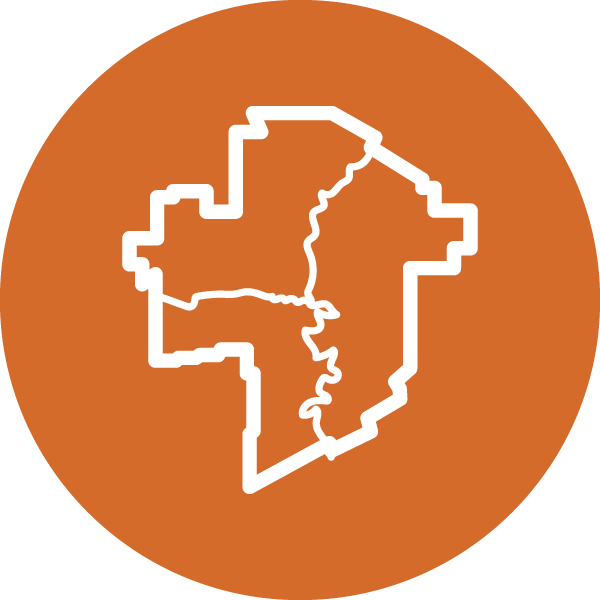Vital Signs reports on Winnipeggers’ concerns, influences The Foundation’s programming
Winnipeg’s Vital Signs® 2017 is a snapshot of life in our city. A project of The Winnipeg Foundation, Vital Signs convened Winnipeggers around issues of importance, surveyed 2,171 citizens on what matters most to them, and looked at research to identify significant needs and trends.
From the information gathered, we learned a lot about our city and the people that live here. The key findings that emerged from the research fell into four main areas: Reconciliation, Belonging, Well-being and the Lines That Divide our community.
The Foundation’s goals for Winnipeg’s Vital Signs are to:
- Inspire new discussion, connections and advancement on community issues.
- Enhance resources on issues/opportunities for our donors and the broader community.
- Increase the effectiveness of The Foundation’s grant-making.
- Inform our Strategic Plan as we define the path toward our centennial in 2021.
The release of Winnipeg’s Vital Signs in October 2017 was met with enthusiasm and continues to have an overwhelmingly positive response from the community.
In January 2018, The Foundation announced a reconciliation granting stream in response to findings in Vital Signs. In 2018, grants valued at $1 million will be available to programs and projects that uphold one or more of the 94 Calls to Action. Additional details will be release shortly. Go to wpgfdn.org to find more.
Convening the community for Vital Conversations showed us the importance of bringing people together to talk about the issues that matter the most. Stay tuned for more information on future Vital Conversations.
Visit winnipegvitalsigns.org for more info. To receive a copy of the report, or to request a presentation about Vital Signs for your group or organization, contact vitalsigns@nullwpgfdn.org or call 204-944-9474.
Vital Signs key findings:
RECONCILIATION
More than 150 years of systemically racist Canadian government policies regarding Indigenous people, combined with centuries-old anti-Indigenous sentiments entrenched in society, have resulted in the recent and long overdue calls for reconciliation between Indigenous and non-Indigenous citizens. Parliament’s 2008 apology for the residential school legacy, followed by the Truth and Reconciliation Commission (TRC) of Canada (2008-2015) and its subsequent Calls to Action (2016), are challenging Canadians to examine our own attitudes and address issues of justice, safety and inclusion for Indigenous people.
WHAT VITAL SIGNS TOLD US ABOUT RECONCILIATION:
MANY CITIZENS ARE STILL UNINFORMED
Older Winnipeggers and those living in Southwest, Southeast and Central neighbourhoods say they are the most familiar with the TRC and its Calls to Action. Citizens who think our community is doing enough to address reconciliation are likely to be men, people aged 35+ and those who have lived in Winnipeg more than 10 years.
A LONG ROAD AHEAD
While attitudes among Canadians during the past decade have shown an increased awareness on issues affecting Indigenous citizens, a large portion of the population is still unaware of the true history of how governments and society have treated Indigenous people and the impact this has had on all communities.
BELONGING
Feeling you belong is vital to ensuring a meaningful life. It’s about how much we believe we fit in a group or place – and how much that place or group welcomes or includes us. A sense of belonging is a human need, just like the need for food and shelter.
WHAT VITAL SIGNS TOLD US ABOUT OUR SENSE OF BELONGING:
THERE IS NO ‘ONE SIZE FITS ALL’ WHEN IT COMES TO BELONGING
Winnipeggers find their connections in a variety of places. Whether it’s at a community or cultural centre, in the arts or through social media, it differs for everyone. What is key, are the meeting places and the opportunities to share common interests and experiences.
NOT ALL WINNIPEGGERS FEEL WELCOMED IN OUR CITY
Multiculturalism is part of our national identity. Winnipeggers are proud of the cultural diversity of our city. But if you’re Indigenous or new to our country or city, chances are you don’t feel as welcomed or connected to the community.
WELL-BEING
Extending beyond the traditional definition of health, well-being brings together the interconnected dimensions of physical, mental and social well-being. Physical vitality, mental acuity, social satisfaction and connectedness, a sense of accomplishment, and personal fulfillment are all commonly associated with a positive sense of well-being.
WHAT VITAL SIGNS TOLD US ABOUT OUR WELL-BEING:
MENTAL HEALTH IS AN ISSUE
Mental health is a community concern. Just like physical illnesses can take many forms, so too can mental illnesses. In any given year, one in five people in Canada will personally experience a mental health challenge or illness.
NOTHING HAPPENS IN A VACUUM
Well-being is tied to our surroundings, finances, nutrition, work and stress levels, physical activity, connectedness, and sense of belonging. These elements do not exist in isolation; they are all interconnected.
THE LINES THAT DIVIDE
We form communities based on commonalities and interests, and by their very nature these communities may exclude others. These divisions can be influenced by the geographic area in which we live, our age, education level, income, employment, culture, religious beliefs, values, gender, sexuality, and more.
WHAT VITAL SIGNS TOLD US ABOUT THE WAYS IN WHICH WE’RE DIVIDED:
WHERE YOU LIVE IN WINNIPEG MATTERS
We love to ask where people live and where they grew up. This helps build connections, but it also enables us to pass judgement. Where you live in our city influences your quality of life and beliefs.
SO DOES HOW LONG YOU’VE BEEN HERE
The longer you’ve lived here, the more connected and engaged you are, the more likely you are to rate your quality of life as very good and your sense of well-being as high, and the stronger your sense of belonging. You’re more likely to say Winnipeg is doing enough to welcome newcomers and to say our city is doing enough to address reconciliation and the TRC’s Calls to Action, meaning the longer you’re here, the more likely you are to be satisfied with the status quo.



 Community
Community